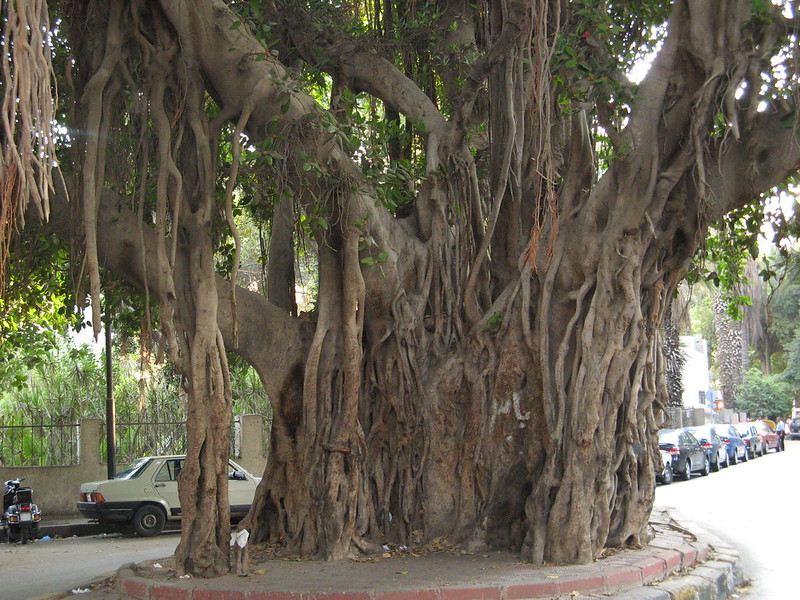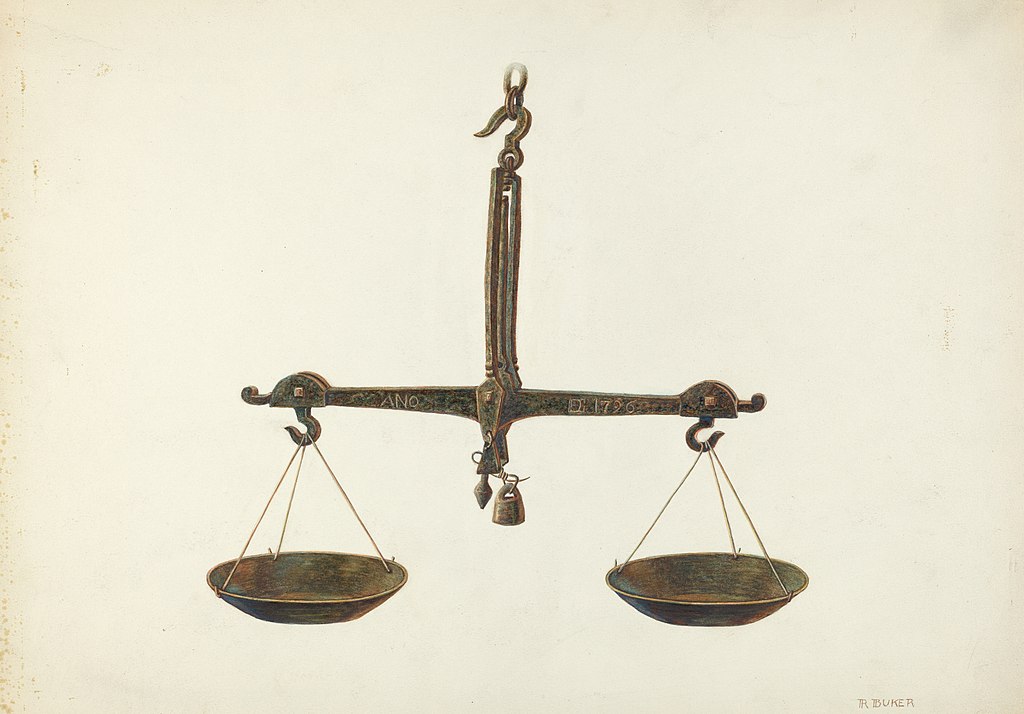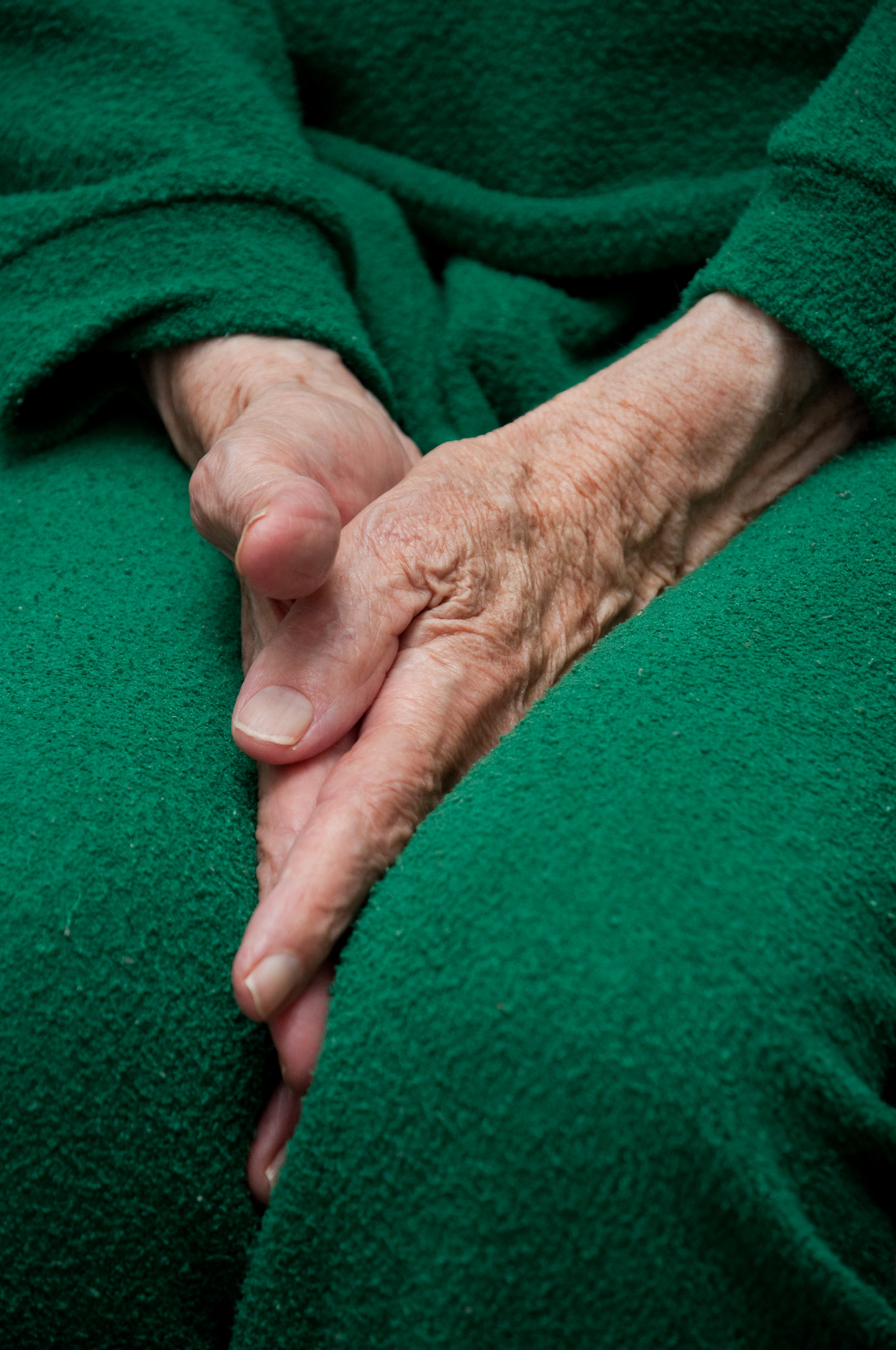QLS Proctor – Banks v Goodfellow sesquicentennial – Is there anything new under the sun?
This year marks 150 years since Banks v Goodfellow [1870 LR 5 QB 549 (Eng.)] was determined. In all this time, it has been the classic statement of law on the question of testamentary capacity. It seems almost trite to recite the ratio: “It is essential to the exercise of such a power that a testator shall understand the nature of […]
Read more







